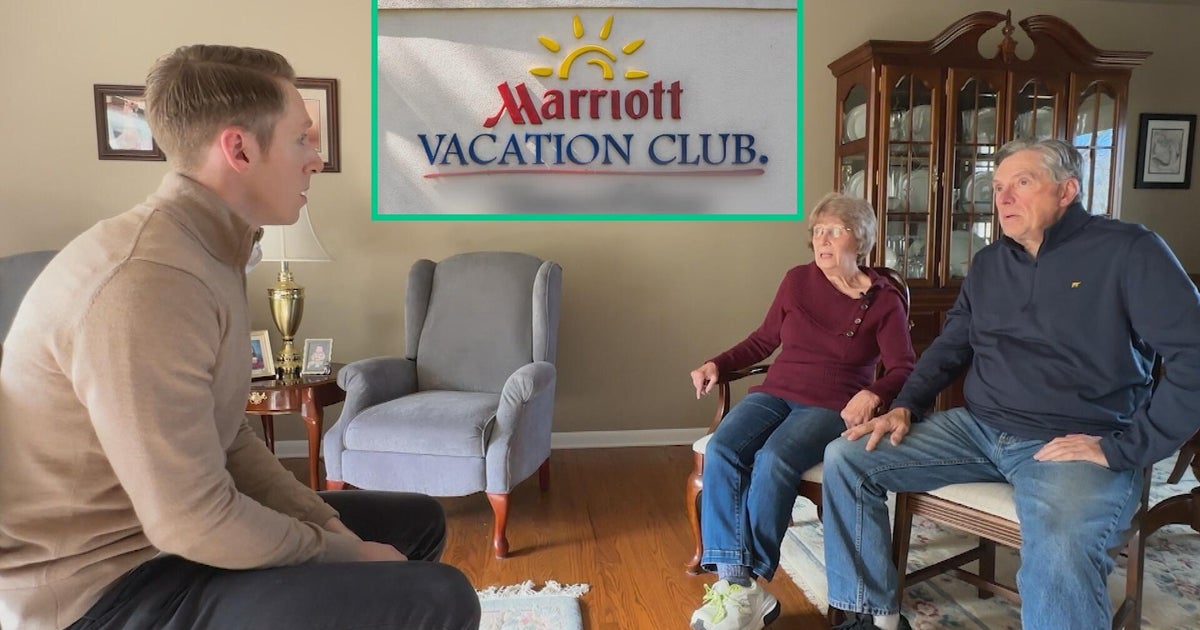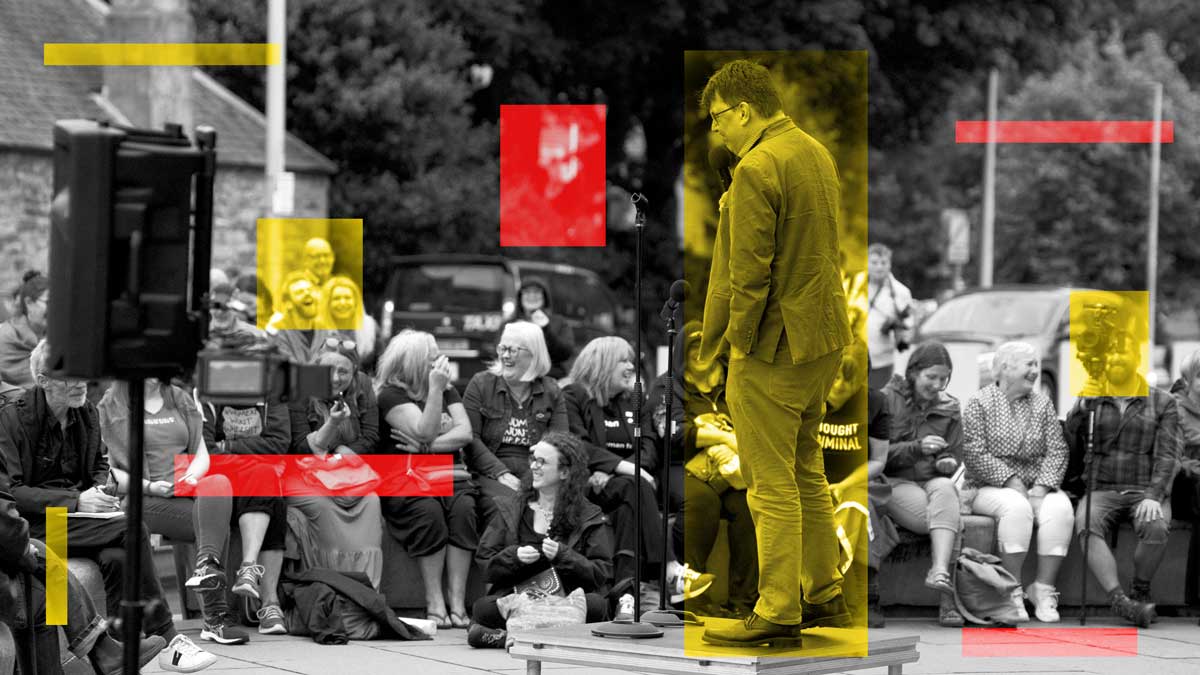How some of the rich and powerful use U.K. real estate to hide their millions
London — Bishop's Avenue is one of London's most expensive residential streets. Locals know it as "Billionaire's Row."
"Each house is really a medium-size hotel. That's the best way to think about it — with seven-star luxury," Trevor Abrahmsohn told CBS News' Holly Williams.
Abrahmsohn sells luxury properties to some of the world's wealthiest individuals, including a seven-bedroom house he showed CBS News, which is currently on the market. He said the home could go for around $25 million, and that, he said, was "a bargain."
With an indoor pool, home gym, private cinema and master bedroom suite with gold plated fittings, it's fit for a foreign prince, or a Russian oligarch.
Abrahmsohn told CBS News his clients are addicted to London's real estate market.
"If my crime is that I'm a drug dealer for residential properties, and I feed them what they want, guilty as charged," he said.
There's no suggestion that Abrahmsohn has done anything illegal. But the recent Pandora Papers leak has revealed that U.K. properties worth nearly $5.5 billion, according to those who've analyzed the documents, have been purchased through offshore shell companies that hide the owners' identities.
"Using a shell company means that no one need ever know that the asset is yours," said anti-corruption activist Duncan Hames, Director of Policy at Transparency International. "Indeed, the British government probably doesn't know."
Many of the property owners are not accused of any crimes, but Hames argues the secrecy permitted by British law is an invitation to money laundering.
"Accepting bribes is illegal for a public official, and if you then invest the money you've received from those bribes and people help you do it, then they are facilitating money laundering. Money laundering is illegal," Hames said.
The Pandora Papers have exposed a property empire worth nearly $700 million amassed by the ruling family of Azerbaijan and their close associates, according to those who've examined them. The U.S. State Department says officials in Azerbaijan, a former Soviet republic, often engage in corrupt practices with impunity.
"If you've got enough money to spend, then you can get away with all sorts of things," said Hames.
U.K. lawmakers have proposed new rules that would force property investors to reveal their identities, but Hames claims the British government is dragging its feet.
"We need to address our Achilles heel," he told CBS News. "Corruption undermines our system and makes us weaker."
"You're saying if Americans care about democracy and freedom, they should be against money laundering and corruption, no matter where it occurs in the world?" Williams asked.
"Absolutely, and especially when it occurs in the capital city of one of your closest allies," Hames replied.





